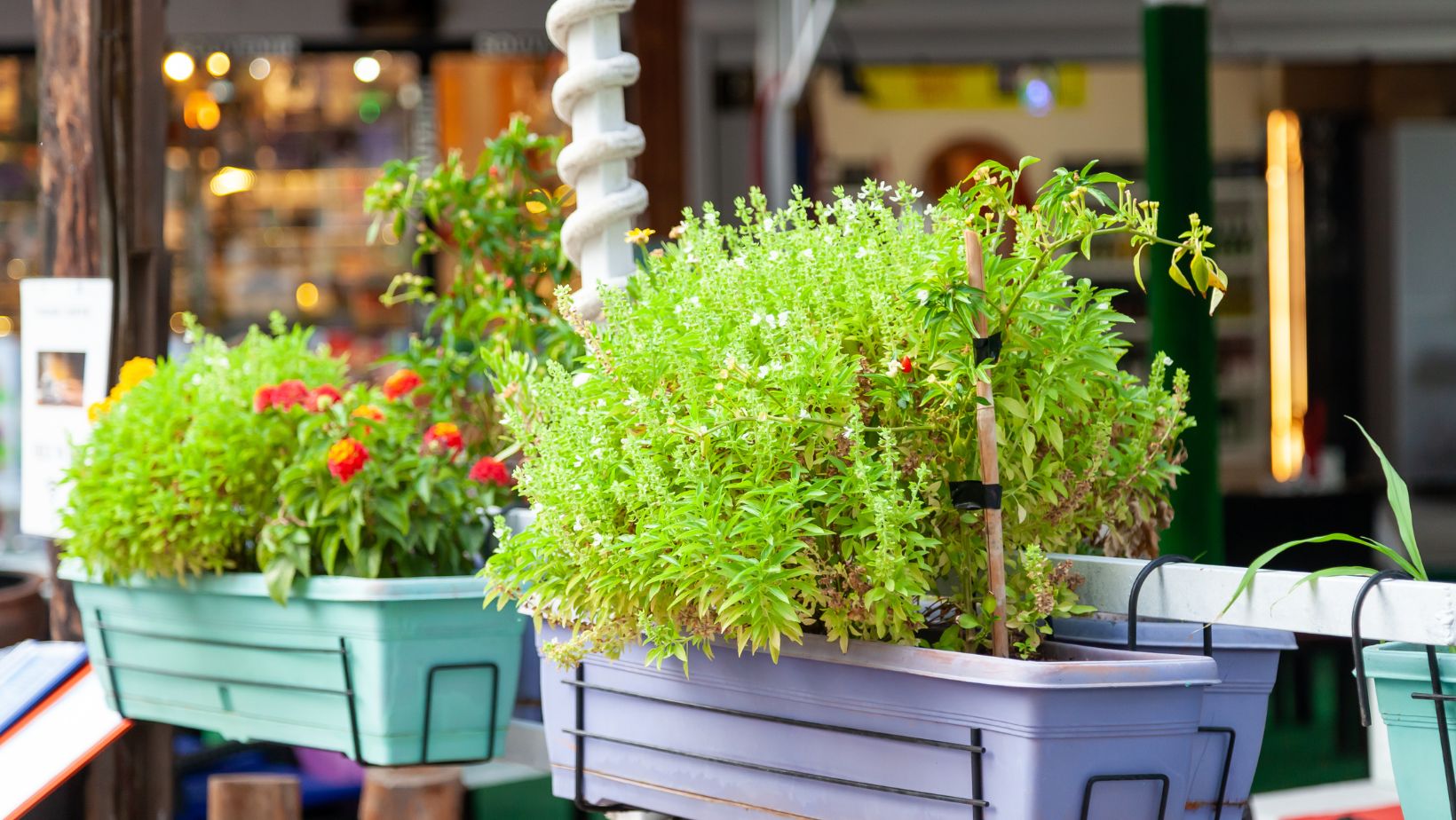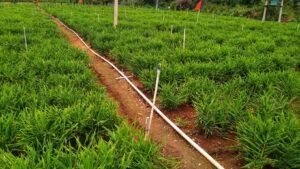
Hak Voc Untuk Menebang Tanaman Rempah-Rempah Di Maluku Adalah
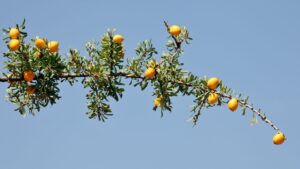
- Historical Legacy: The hak voc untuk menebang tanaman rempah-rempah di Maluku adalah signifies a crucial era where colonial powers shaped trade dynamics.
- Economic Impact: VOC’s rights influenced global commerce, demonstrating how control over resources can alter economic landscapes.
- Cultural Implications: This privilege intertwined with local cultures, reshaping traditions and fostering exchange between diverse societies.
- Environmental Consequences: The extensive harvesting under this right had lasting effects on Maluku’s ecosystem, highlighting the delicate balance between human activity and nature.
As we delve into the complexities surrounding hak voc untuk menebang tanaman rempah-rempah di maluku adalah, it becomes evident that this historical subject transcends mere legality; it symbolizes a confluence of power, economics, culture, and environment that reverberates through time.
Importance of Harvesting VOC for Spice Plantations in Maluku
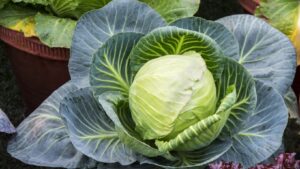
Preservation of Heritage
Preserving the hak voc untuk menebang tanaman rempah-rempah di Maluku adalah ensures the conservation of traditional spice cultivation methods passed down through generations. By upholding these rights, the unique heritage of spice production in Maluku remains intact, safeguarding cultural practices and maintaining authenticity.
Sustainable Resource Management

Economic Stability
The acknowledgment of hak voc untuk menebang tanaman rempah-rempah di Maluku adalah contributes to economic stability within the region. Through controlled harvesting, local communities can secure a reliable income source from spice cultivation, fostering financial independence and enhancing livelihoods.
Historical Background of VOC in Maluku
Arrival of VOC in Maluku
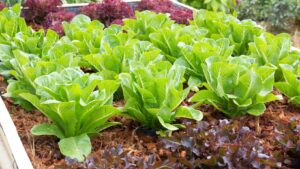
Impact of VOC on Spice Trade

In summary, while the presence of the VOC in Maluku enabled unprecedented commercial success for European powers during this era, it came at a significant cost to local communities and ecosystems. The legacy of Dutch colonial rule continues to shape narratives surrounding resource extraction and economic exploitation in historical contexts like Hak voc untuk menebang tanaman rempah-rempah di maluku adalah (“the right granted by the Dutch East India Company [VOC] for cutting down spice plants in Maluku”).
Techniques Used by VOC for Harvesting Spices
During the era of the Dutch East India Company (VOC) in Maluku, the techniques employed for harvesting spices were crucial to their trade dominance. These methods not only ensured a steady supply of valuable commodities but also influenced the region’s agricultural practices.
Sustainable Cultivation Practices
- Rotation System: VOC implemented a rotational planting system to maintain soil fertility and prevent depletion.
- Intercropping: By intercropping different spice varieties, they optimized land usage and minimized risks associated with monoculture.
- Terracing: The construction of terraces helped control erosion on hilly terrains where spices like cloves thrived.
Infrastructure Development
- Storage Facilities: VOC constructed well-designed warehouses equipped with proper ventilation to store spices safely.
- Transportation Networks: Establishment of efficient transport systems facilitated swift delivery of spices from plantations to ports for export.
- Quality Control Measures: Stringent quality checks were conducted at various stages, ensuring only premium-grade spices entered the trade network.
These meticulous techniques orchestrated by VOC not only fueled global demand for Maluku’s prized spices but also left a lasting impact on the region’s agricultural landscape.The rights of the VOC to harvest spice plants in the Maluku Islands were pivotal in shaping the course of history. This authority granted by the Dutch East India Company played a significant role in influencing trade dynamics, geopolitical landscapes, and cultural exchanges during that era.The impact of the VOC’s control over spice cultivation reverberated far beyond mere economic interests. It spurred exploration, colonization efforts, and conflicts among competing powers vying for dominance in the lucrative spice trade.Through its exclusive rights to exploit spice resources in Maluku, the VOC wielded immense power and influence, leaving an indelible mark on global commerce and political structures of that time.
